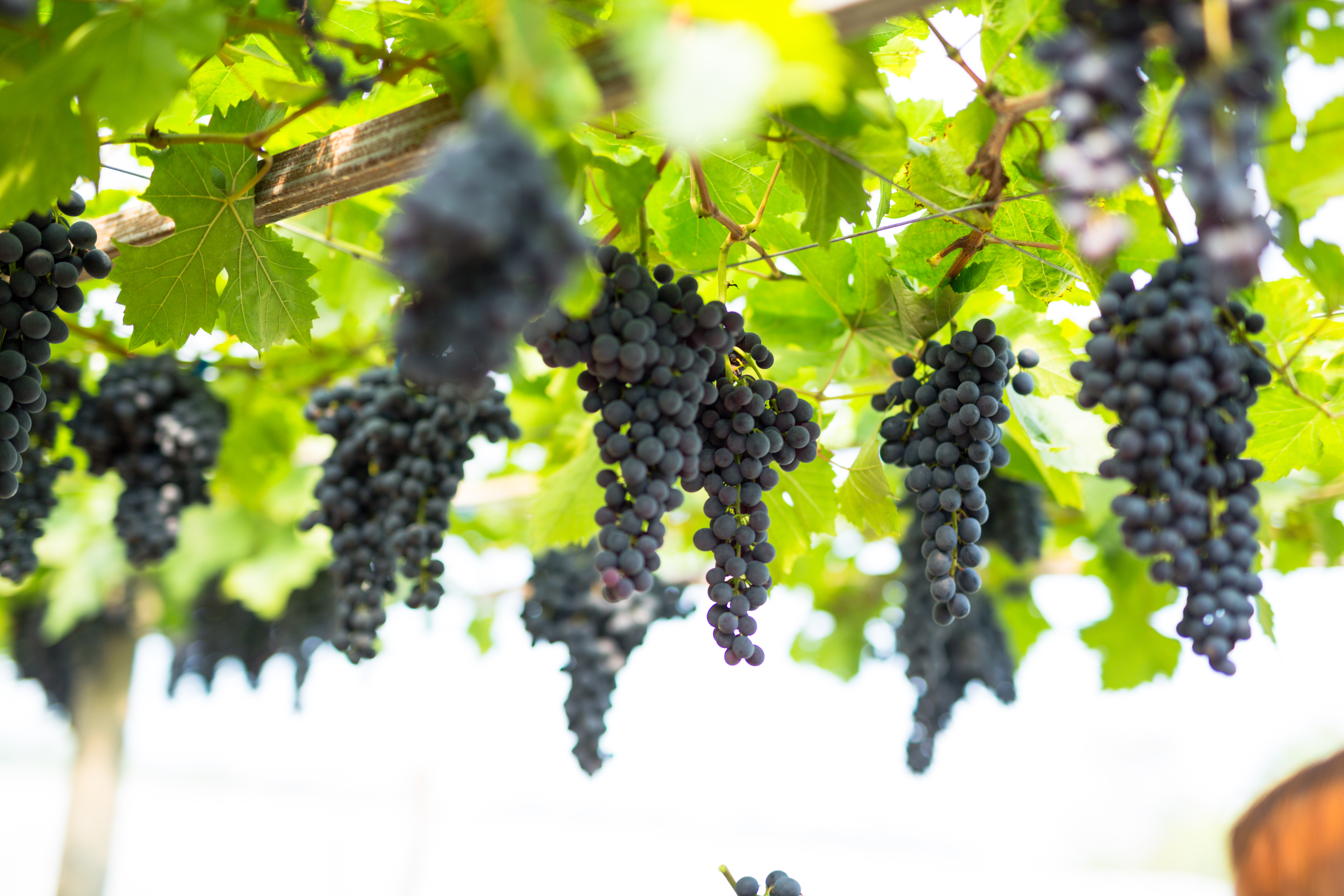Capagro, a French agrifood tech VC firm, has announced a second close of its Capagro Innovation Fund adding €66 million, ($78 million) and bringing the fund’s total to €124m ($147m).
The fund was founded in 2014 with €37.5 million ($44.4 million), which rose to €58 million ($68.7 million) at first close in January 2016. The second close of the fund was oversubscribed by €24 million ($28.4 million) adding new investors: major french private-label supplier Agromousquetaires, agricultural software retailer ISAGRI, French agricultural coop InVivo Group and beverage processor and packer LSDH.
In a statement, the firm said that “significant contributions” to the new funding round were made by existing investors, which include agricultural insurance provider Groupama, and French banks Crédit Agricole and Bpifrance, which invested on its own behalf and on behalf of the French government.
The fast pace of Capagro’s portfolio growth caught our attention back in 2015 when the firm made nine investments in 12 months, eight of those in its first three months after its founding.
The pace slowed down after 2015 and the fund made just one investment in the last two years, participating in an undisclosed round for cold-chain monitoring technology startup Cryolog in February.
The fund currently has 15 investments and expects to bring that number to approximately 20, moving toward fewer, larger investments. Capagro’s early deals averaged at around €1.5 million ($1.8 million) each.
“By doubling in size, the fund will be able to make much larger investments of up to €10 million in a single holding,” said the firm’s statement.
Founder and chairman Jean-Baptiste Cuisinier has 40 years of experience in the food and agriculture market including working in the French government’s Agriculture Ministry and at consumer-facing firms like Pernot-Ricard.
“We must be ready to enable these young companies to succeed in advancing from the status of a start-up to that of a firm that has demonstrated its growth potential. This challenge is particularly important because, despite a strong rise in demand, there are very few funds like ours in Europe,” said Cuisinier.
Capagro splits its interest into three segments: upstream agricultural production, where it looks at technologies and services aiming to save energy, water and nutrients; downstream companies producing healthier food for consumers; and energy efficiency innovations in the agro-industrial sector. Indeed, Capagro’s investments go far beyond agriculture into Innovative Food, Agribusiness Marketplaces, Novel Farming Systems, Farm Robotics, and Midstream Technologies.
Portfolio Companies disclosed on the firm’s website include:
Agriconomie – Ecommerce marketplace for farming supplies
Cellucomp – Plant-based additive for paints and coatings, personal care, home care, cosmetics, concrete, drilling fluids, composites and other potential applications
CombaGroup – Mobile aeroponics system for growing lettuce
CryoLog – Cold chain monitoring through color-changing smart tags
eProvenance – Temperature, location, and humidity monitoring for fine wine, art and other goods
ForceA – Decision support for grape crop optimization
Naio Technologies – Autonomous weeding robots for wine grapes and vegetables
Matahi – Baobab fruit-based bottled drinks
Mon Eden – Ecommerce for plants and gardening supplies
Olygose – Food ingredients to replace sugar and manage weight
Pret a Pousser – In-home growing kits for herbs and mushrooms
VitamFero – Prophylactics solutions for animal health to reduce antibiotic use
Yoogi – Biological frozen infant meals
Capagro may have called themselves “the first venture capital fund dedicated to innovation in the French and European agro-industrial sectors,” but more than two years later they are far from alone. Other European agrifood tech funds include Anterra Capital, and Finistere Ventures, which recently opened a new office in Ireland. US accelerator The Yield Lab also has a presence in Ireland. Aqua-Spark in the Netherlands is focused specifically on seafood and aquaculture technology startups.





